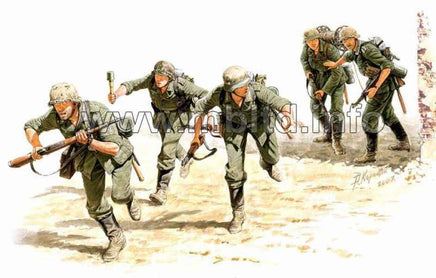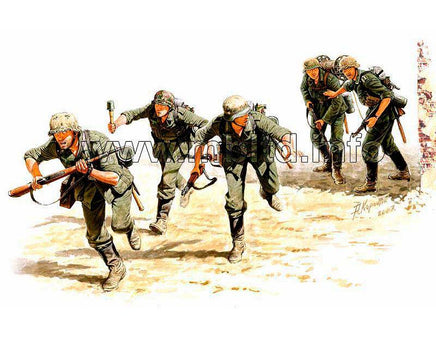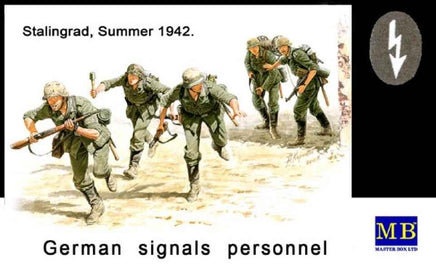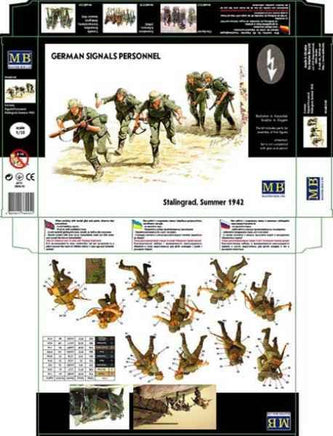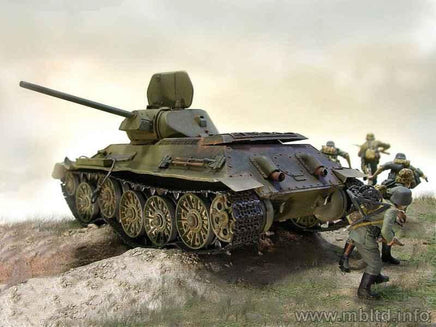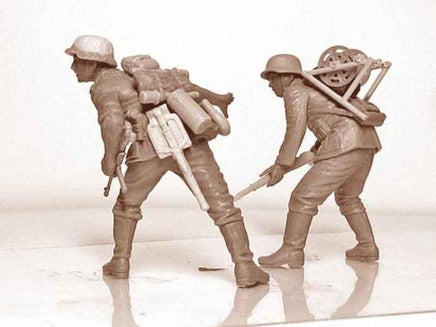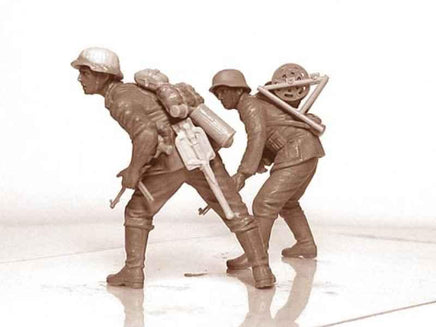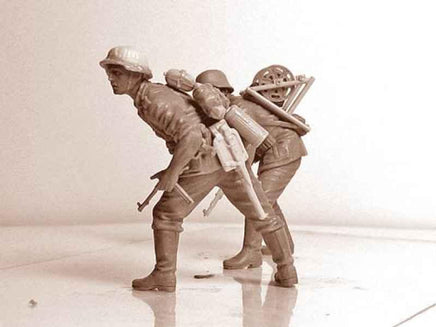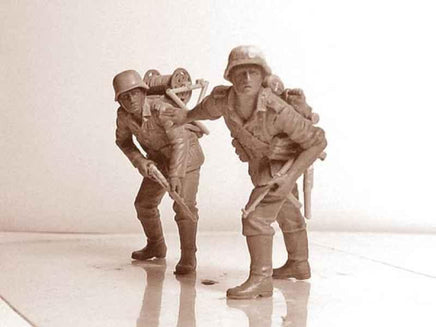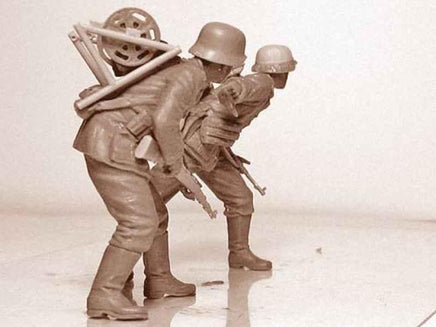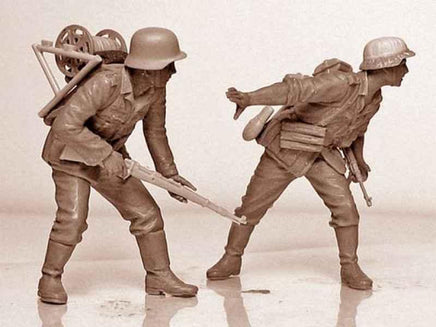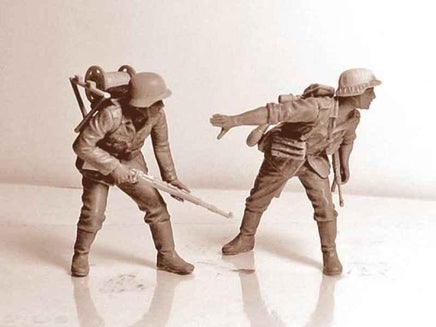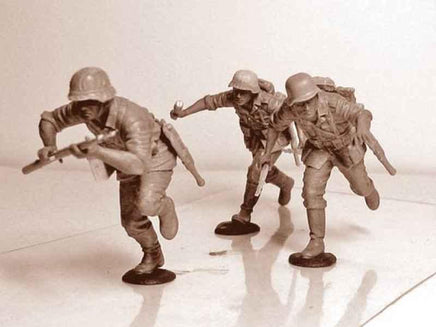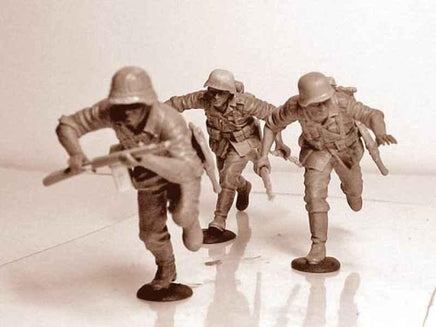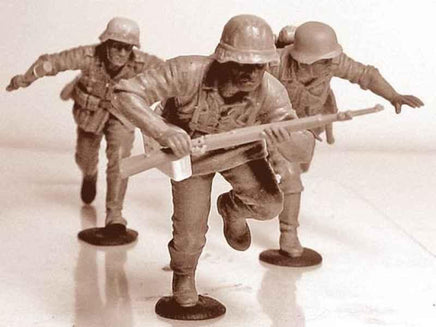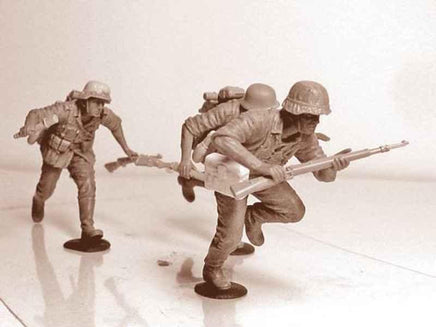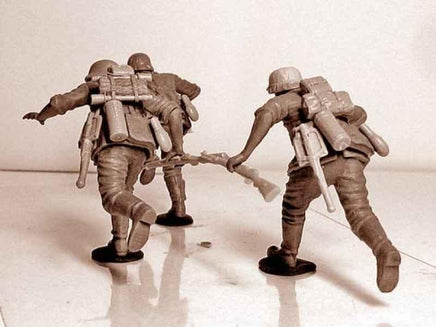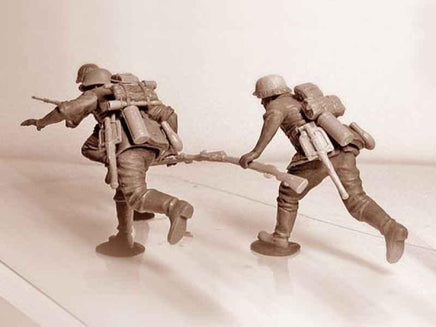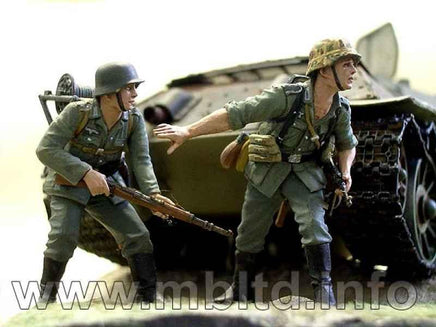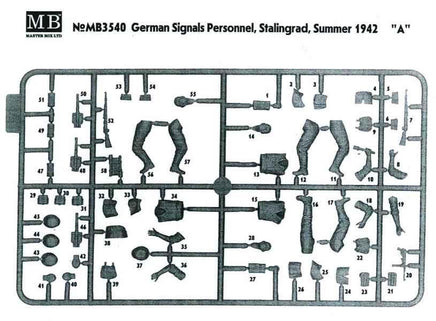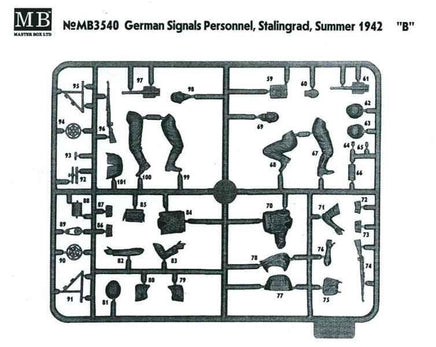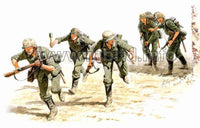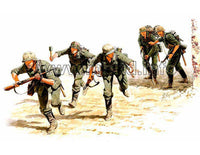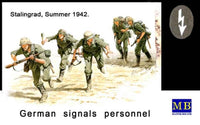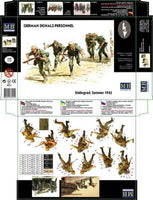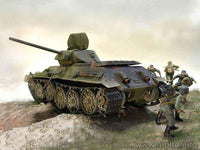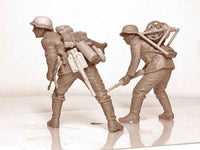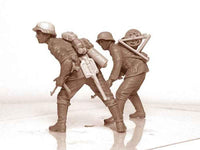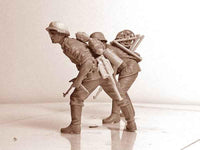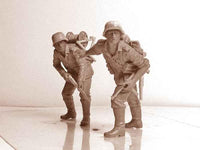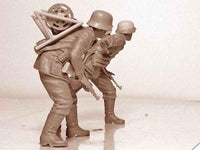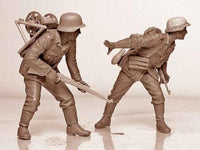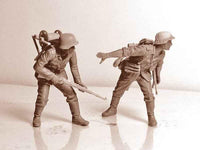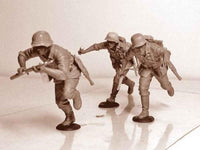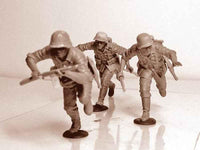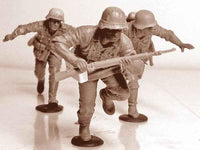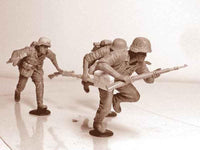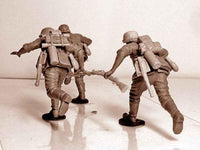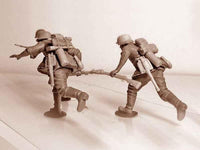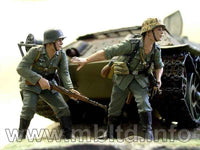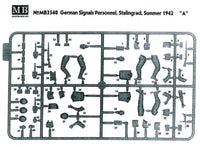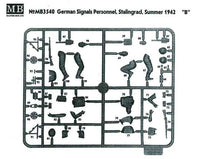The decisive influence on the shaping of the organization and tactics of the German infantry before the outbreak of World War II was, on the one hand, the experience of the previous World War, but also theoretical works created in the 1920s and 1930s, which often emphasized the need to perceive the German infantry as a tool waging an offensive war. This affected both the equipment and the organization of the German infantry division, which during the September campaign of 1939 consisted of 3 infantry regiments, each of which was divided into 3 infantry battalions, an artillery company, and an anti-tank company. In addition, there were numerous support units, including an artillery regiment with 4 artillery squadrons (including one heavy), an anti-tank battalion, a sapper battalion, and a communications battalion. In total, the so-called infantry division in the first mobilization wave had approximately 17,700 people and had a significant artillery component, but it was also abundantly equipped with machine guns. It also had modern and efficient—for those times—means of communication and command. In the course of the war, infantry divisions underwent transformation; in 1943, some of them were transformed into armored grenadier divisions. However, from 1943, the standard division of the "traditional" infantry consisted of approx. 12,500 men (and not approx. 17,700 as in 1939), and its artillery component, especially heavy artillery, was also reduced, while its anti-tank defense was significantly improved. It is assumed that during the entire Second World War, about 350 infantry divisions served in the Wehrmacht.
Skip to product information

